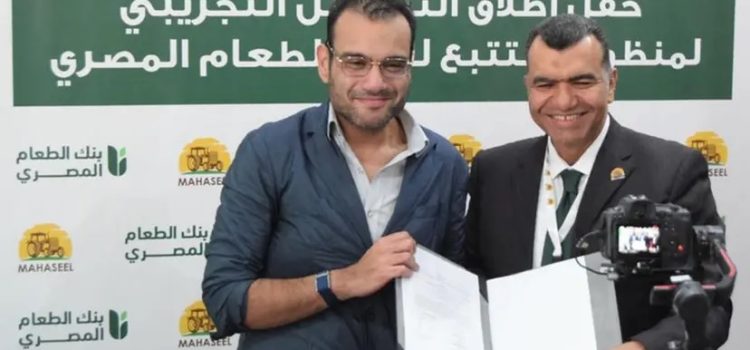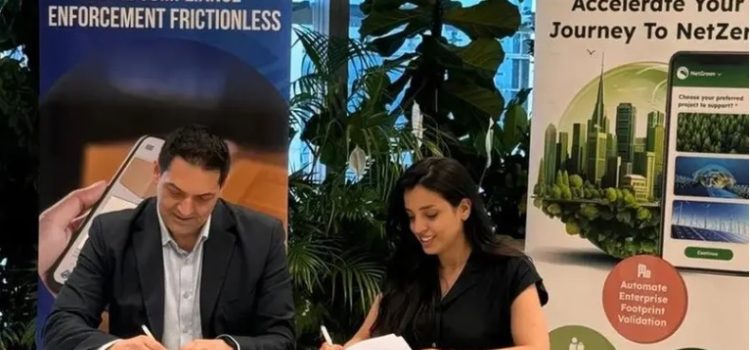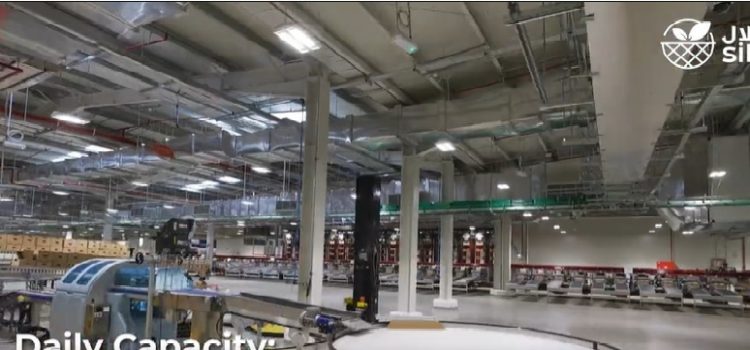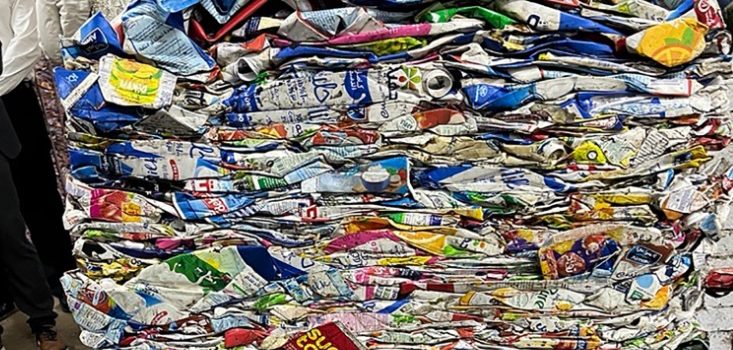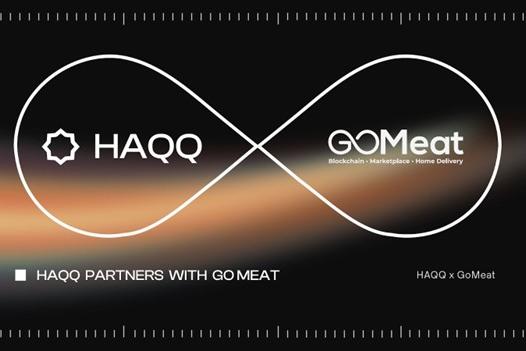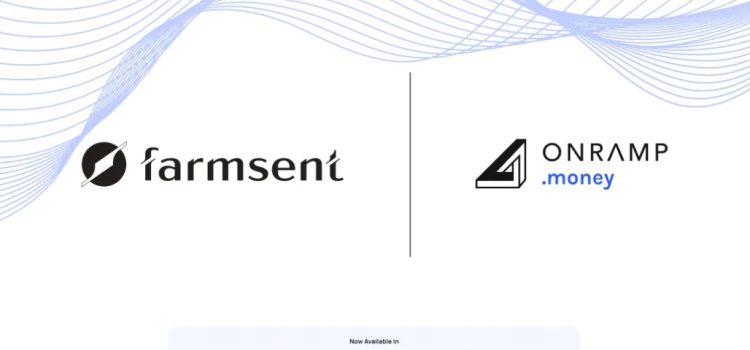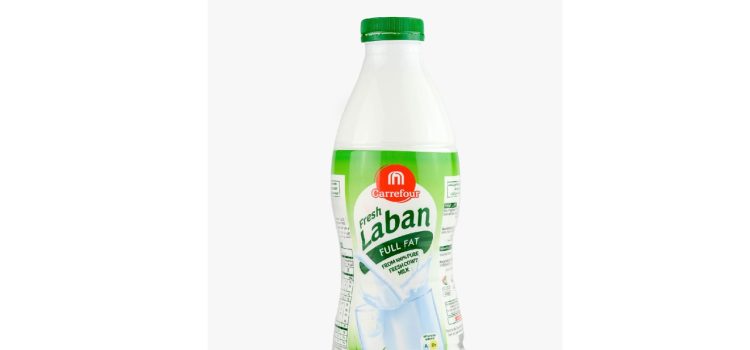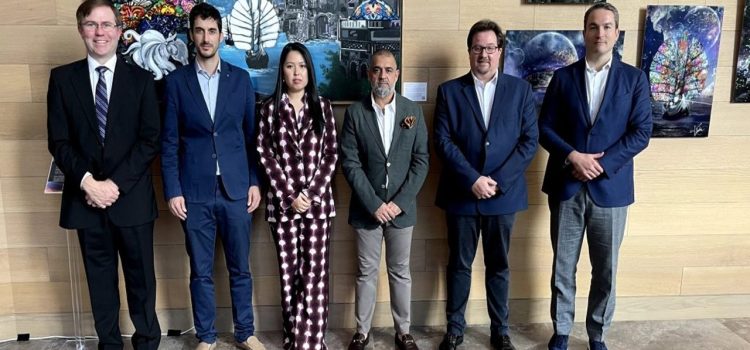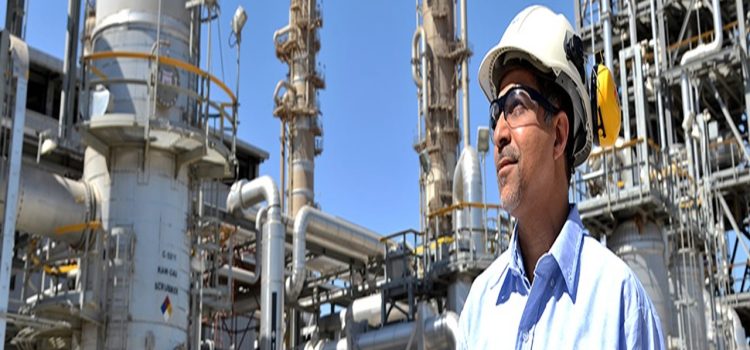
The Egyptian Food Bank, and Mahaseel Technologies, a leader in agri-tech innovation, have partnered to launched a blockchain enabled digital traceability platform, to revolutionize food security and supply chain transparency in Egypt.
The new traceability solution enables the Egyptian Food Bank (EFB) to monitor its food sources comprehensively, whether fresh produce from farms or goods from manufacturers and suppliers. Each food carton distributed by EFB will now be identified with a unique QR code that traces every product in the box back to its original source. This system ensures unprecedented transparency, accountability, and quality control in EFB’s operations, safeguarding the organization’s mission of feeding those in need with integrity and efficiency.
The blockchain-enabled platform provides a secure, immutable digital record of the journey each product takes from its source to the hands of beneficiaries. By scanning the QR code, EFB and its stakeholders can access real-time information on the origin, production, and distribution of food items. This enhanced visibility supports operational excellence while reinforcing donor confidence in the organization’s processes.
“Partnering with the Egyptian Food Bank for this traceability platform strategically aligns with our mission to leverage technology to create meaningful, scalable impact in the agricultural and food sectors,” said Eng. Mohamed Abdel Rahman, CEO of Mahaseel. “By integrating blockchain technology, we aim to set new benchmarks in transparency and traceability for the food sector worldwide. Our product line – Trace by Mahaseel – is designed to empower governmental and non-governmental entities to harness the benefits of digital transformation in food security, providing them with the tools to make informed decisions backed by real-time data and unparalleled transparency throughout the supply chain.”
The new platform ensures that food donations are optimally managed, with end-to-end traceability helping to prevent waste, ensure quality, and improve resource allocation.
Mr. Mohsen Sarhan, CEO of the Egyptian Food Bank, stated “We are pleased to collaborate with Mahaseel, a leader in the field of digital transformation in the agricultural sector, to improve the efficiency of our food supply chain by implementing advanced digital technologies in a tracking platform powered by Block-Chain technology. These innovative solution will assist in correctly tracking every food product from the next stage of agriculture and delivering items to beneficiaries across the country, guaranteeing effective and tight control over operations inside the Egyptian Food Bank Foundation.”
The traceability system’s efficiency and scalability, with plans for full implementation across all Egyptian Food Bank operations upon completion.








